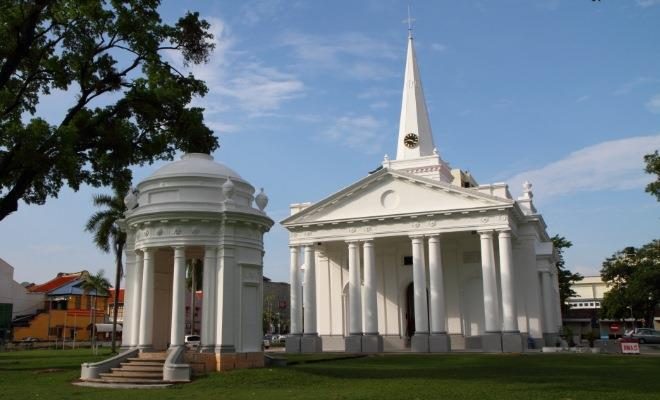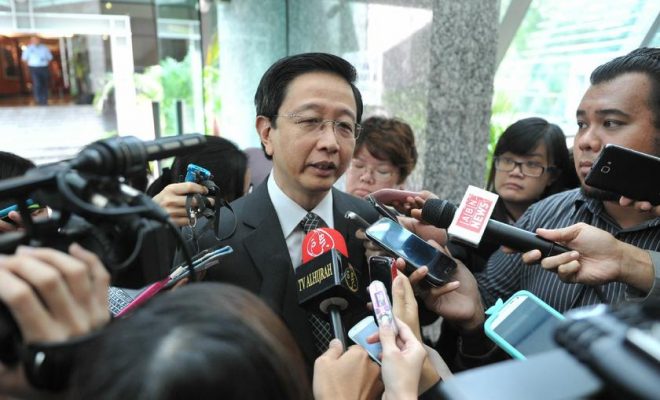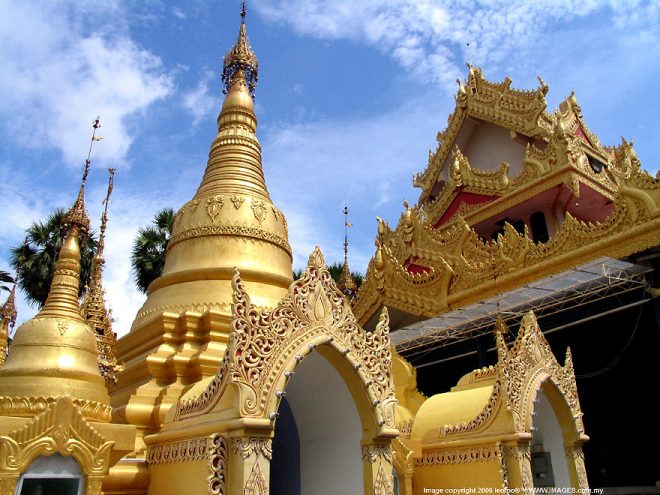Cancel unfair and restrictive rules
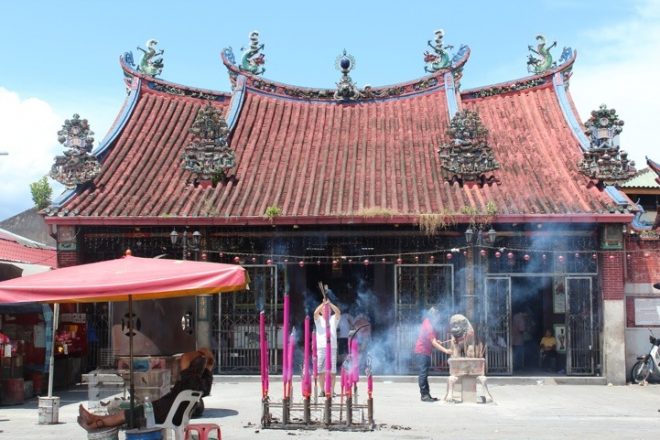
A typical Chinese temple found throughout Southeast Asian countries, some of which were built more than 500 years ago.
Leading Malaysian paper ‘The Star’ yesterday headlined the news on controversial guidelines regarding the construction of non-Muslim places of worship, which came into effect this January in Selangor. Predictably, the introduction of such unfair and discriminatory rules, and in such a stealthy and sudden fashion without adequate consultation with affected communities, has upset a great number of non-Muslims throughout the country.
We urge the Selangor State government to cancel parts of the guidelines which are prejudicial to non-Muslims, and thus damaging to our underlying principles of strong nationhood. We further urge the government to respect the spirit of the Federal Constitution where the rights of all Muslims and non-Muslims are recognised and protected, so that we may live as a nation – harmonious, united, and patriotic.
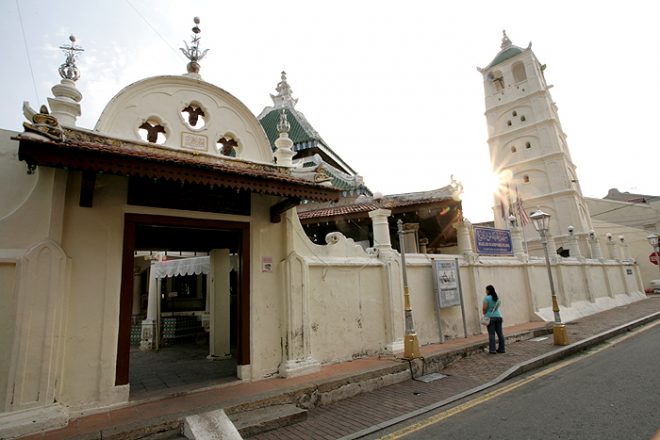
An elegant mosque in Malacca City. For centuries, places of worship for Muslims and non-Muslims have stood side by side in perfect harmony, based on deep respect and mutual acceptance.
[ Below is an excerpt of the press report in ‘The Star’ on 10 April 2017. ]
Selangor Senior EXCO Member Datuk Teng Chang Khim says he will take full responsibility over the state’s guidelines on the construction of non-Muslim places of worship.
The guidelines came into effect in January, and have many clauses that were deemed restrictive and not within the spirit of freedom of worship enshrined in the Federal Constitution.
The Selangor Manual Guideline and Selangor State Planning Standard guidelines include a recommendation that non-Muslim places of worship should not be built within 50m of a home owned by Muslims.
The guidelines also recommended that the height of new non-Muslim places of worship must be lower than the nearest mosque, and any such construction in areas with a multiracial population requires the consent of residents within a 200m radius.
According to Teng, he had noticed the restrictive clauses when the draft was first presented to him.
“I then asked a Shah Alam City Hall councillor to look through it and mark all the clauses deemed not suitable for a multi-religious and multiracial community,’’ he added.
He said the councillor had done as instructed and it was passed on to the state’s planning department.
“A senior officer at the department gave me the finalised copy and I made the mistake of not double-checking the amendments.”
“For this, I take full responsibility and apologise to the people of Selangor,” Teng told The Star.
He said he would bring the matter up at the state executive council meeting on Wednesday and ask for the provisions above to be suspended until further notice.
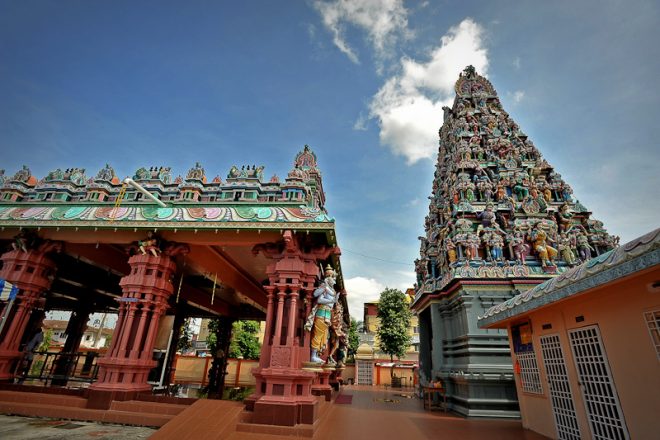
One of many beautiful Hindu temples in Selangor. The availability of such places of worship is essential for the spiritual well-being of non-Muslims in Malaysia.


